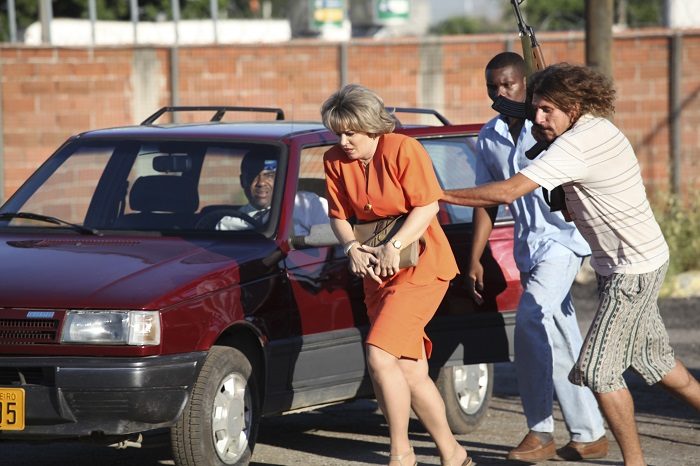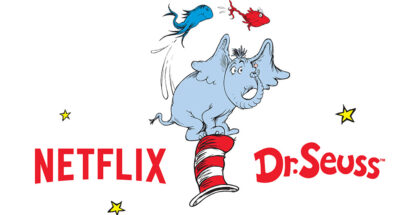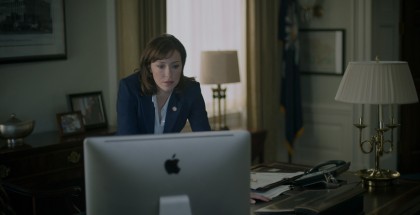Netflix UK TV review: Captive
Review Overview
Attention-grabbing suspense
8Effort
5David Farnor | On 09, Dec 2016
Documentaries are in these days. Audiences seem to have awoken to the sheer diversity and story-telling thrills that they can provide, which, in turn, gives more chance for filmmakers to explore the format’s potential. A large part of that rise has been due to Netflix, which has not only been very active in snapping up festival titles to distribute worldwide, but has also driven awareness for documentary TV series with its smash hit Making a Murderer.
Now, exactly one year after that docuseries hooked audiences, it tries to replicate that gripping hold with another non-fiction show: Captive. Out goes the criminal investigation, in comes another, surprising subject: hostage negotiation.
Each episode recounts the true story of a hostage situation, mining it for the maximum possible tension. The show walks us through the events step by step, counting down the days that its subjects have been held captive while keeping the end result hidden – a drip-feed of exposition that doesn’t fail to have you hooked.
What’s impressive, apart from the fact that these are all stories that we’ve never heard of (maximising the intrigue of the unknown), is how diverse its material is. The two episodes made available for review take place in different countries and even in different languages; Lucasville depicts the 1993 revolution within a wing of an Ohio prison, which saw the prisoners take over the facility and hold the guards hostage, while The Cola Kidnap follows the 1991 kidnapping of Corinne, an executive working for Coca-Cola in Brazil.
The diversity extends to the footage too: the producers have astonishing access to everyone involved in their stories (credit must go to their researchers), which means that they interview not just the victims, but also the perpetrators of the kidnappings. It’s like seeing Crimewatch, but with the twist of multiple perspectives. The result challenges you to empathise with the criminals as well as those held captive, something that proves particularly effective with Rio de Janeiro kidnapper Ronaldo, who grows and matures as we witness things unfold. Lucasville, on the other hand, benefits from taking into account the wider fallout of events, complimenting the interviews with shockingly candid former inmates with media coverage of the stand-off and the families of the people involved.
The problem is that, if anything, the show tries a bit too hard to grab your interest. These are already interesting tales, with players full of contradiction and conviction – the class divide in Rio is a motivating factor, as Ronaldo is desperate for money. But in case our curiosity is not already piqued, Captive repeatedly makes it clear how exciting things are, combining dramatic recreations with a pounding soundtrack. Re-enactments can be an effective tool, and these are as slick as they get, but the intrusive music undoes their immediacy, reminding us that what we’re watching is being crafted to keep us tuned in – exactly the opposite of what they’re meant to do. There’s cinematic and there’s over-the-top, and Captive is so determined to live up to its title, that it often loses sight of the line between the two.
To its credit, the show has the smarts to keep its runtimes varied, extending the Lucasville episode to feature-length to cover all of the relevant bases – a sign that the programme producers have faith in the filmmakers to fill out the additional minutes. If only the film-makers showed that same level of trust in the audience. For those wanting a Making a Murderer fix without having to commit to a whole season, Captive could be the answer; it’s certainly designed to be. The result is uneven, but undeniably gripping television – and it reminds you of it every second.
All eight episodes of Captive are available on Netflix UK, as part of an £9.99 monthly subscription.




















